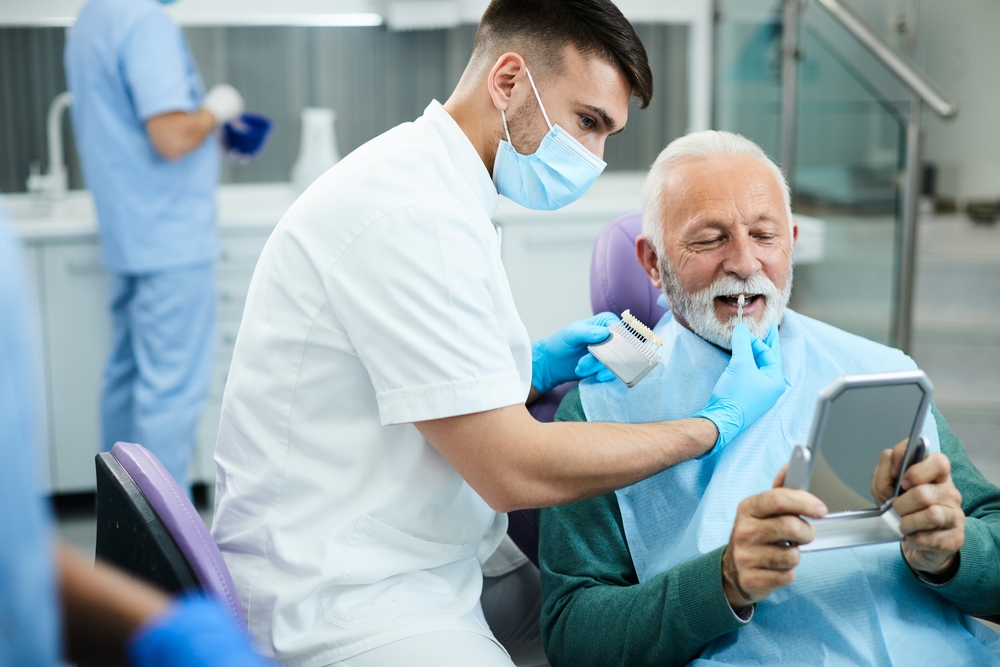Loss of Taste in Elderly Adults
Category:

As we age, our taste buds start to diminish and we find that we cannot enjoy the same foods as much as we used to. In this post, we will explore why we experience this loss of taste buds with age, potential risk factors, and what you can do to solve this issue.
Do Taste Buds Change with Age?
According to Dr. Steven Parnes, a New York-based ENT-otolaryngologist, the average person is born with about 9,000 taste buds. They cover the tongue and have varying degrees of sensitivity to different kinds of flavors. The cells on these taste buds replace themselves every 1-2 weeks. However, there is an increased risk of loss of taste buds with age. Younger taste buds easily heal a few days after burning your tongue on hot food or beverages while older taste buds are not as capable to recover from such injuries. Parnes adds that men typically lose their taste in their 60s while women lose theirs in their 50s.
What Causes Loss of Taste in Elderly Adults?
The loss of sense of taste in elderly people can result from a number of factors. Poordental health can result in a need for dentures, which can affect the quality of chewing, especially if they do not fit properly. This can reduce food compounds from breaking up in saliva and prevent contact levels with your taste buds’ sensory receptors. Furthermore, aging can also cause you to produce lower levels of saliva, making it harder to dissolve food and to carry food compounds to your taste receptors.Certain medications can also affect the loss of taste in elderly people. Antibiotics, cholesterol medication, blood-pressure medication, beta blockers, and angiotensin-converting enzyme (ACE) inhibitors can all result in funny tastes. Speak to your doctor if you think your medicine may be changing your sense of taste.Overall health can also play a role in your sense of taste. Head injuries, respiratory infections, allergies, cancer, Alzheimer’s disease, and Parkinson’s disease can all impair this sense. Cigarette and alcohol use can also impact your taste buds and affect them more so with age.
Are There Risks for Taste Changes with Age?
The loss of taste buds in elderly people can result in some dangerous side effects in your health. For starters, the first taste sensations you are likely to lose are sweet and salty. This may cause you to add too much salt or sugar to your food, resulting in high blood pressure and poor heart health.Additionally, you may lose interest in eating certain foods once you lose the ability to taste. This could cause unhealthy weight loss and malnutrition. Furthermore, you may experience social isolation and depression since you are not going out to eat with friends or family as often.
How Do You Fight Aging Taste Buds?
Luckily, there are a few steps you can take once you notice your taste buds starting to diminish. These steps include:
- Brush, floss, and use mouthwash to prevent gum disease, which can impact your ability to taste.
- Check the expiration dates on food before consuming to prevent yourself from accidentally eating soiled or stale products. If there is no expiration date listed, write the purchase date with a permanent marker.
- Use herbs and spices to enhance flavor without increasing your blood pressure.
- Food tastes best at its proper temperature. Decreasing the temperature on cold food or increasing temperature on hot food can improve taste.
- Make meals into social occasions to prevent social isolation while ensuring you get a filling meal.
Subscribe
Date: 2019-06-13
Category:


